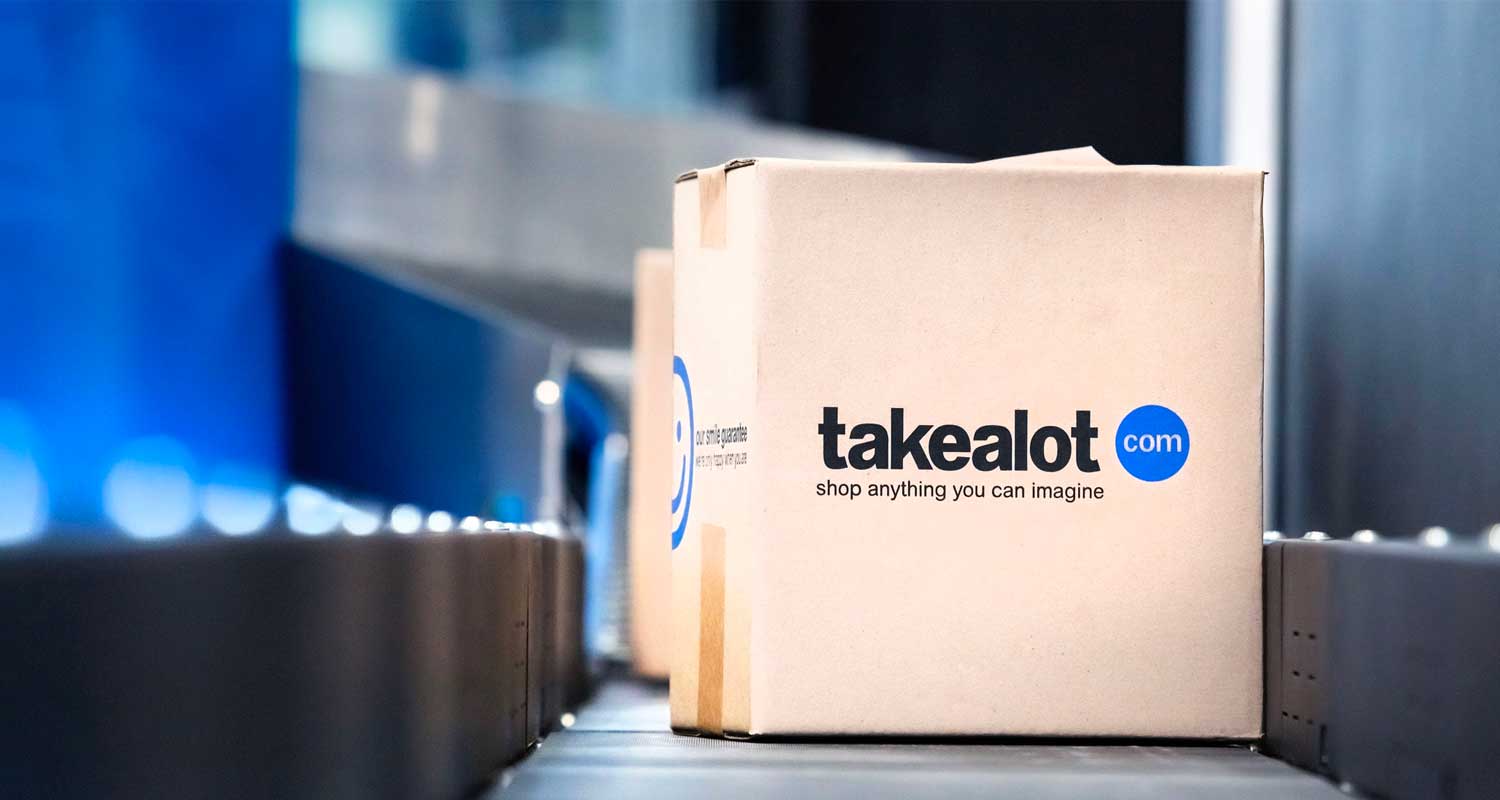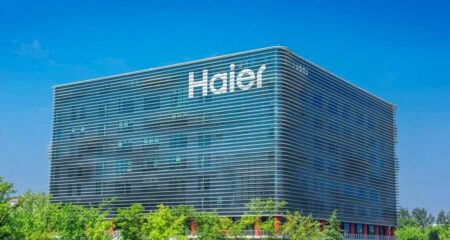 Inflation and rising interest rates in South Africa are two factors that Naspers attributes to the widening loss at e-retailer Takealot Group.
Inflation and rising interest rates in South Africa are two factors that Naspers attributes to the widening loss at e-retailer Takealot Group.
A declared loss of US$22-million (R413-million) translated into a -3% trading margin as consumer demand slowed, according to Naspers, which owns Takealot. The numbers were disclosed on Tuesday in Naspers’s results for the year ended 31 March 2023.
Gross merchandising value (GMV) at Takealot Group rose by 13% and revenue by 12% in rand terms “despite tough market conditions”. A year ago, Takealot had grown GMV and revenue by 46% and 36% respectively compared to 2021 when it declared a profit “near breakeven”.
Profit was already impacted by rising operational costs “due to persistent national rolling power blackouts, escalating fuel costs and the effect of global supply-chain constraints”. Aggressive pricing from offline retailers contributed to overall gross margin pressure, the group said.
In 2020, strong growth in Takealot’s sales reflected the broader adoption of e-commerce in South Africa during the pandemic. A lockdown-fuelled online shopping boom lifted South Africa’s e-commerce sales by 66% last year to more than R30-billion, according to a World Wide Work research report published in 2021.
The report found that online sales in South Africa more than doubled in two years to R30.2-billion as consumers became more accustomed to buying goods and services online, particularly after the country was put into lockdown in March 2020 due to Covid-19.
World Wide Worx founder Arthur Goldstuck believes the reason Takealot’s bottom line has taken pain is straightforward. “Takealot is challenged, like so many others, by the inflationary environment and the economic pressure on consumers. The high inflation rate is a constant pressure for consumers and is a national problem,” he said.
‘Quite healthy’
“Of course, the losses are [expressed] in dollar terms, so they seem worse than they are – the rand has been crushed by the dollar, so it seems particularly gloomy. But in rand terms the figures are quite healthy and to be expected,” Goldstuck said. “Consumer goods are not cheap now, with inflation having risen, and people have to think twice before they spend money.”
Furthermore, Takealot is “so big now it can no longer rely on the previous drivers of e-commerce, where people kept returning to shop online. I think perhaps it has played itself out in terms of growth.”
And what to make of the rumoured impending launch of Amazon.com in South Africa? That had been expected in February but it was postponed – reportedly to the end of the year, though there’s no official confirmation of that.
Read: RMB: SA e-commerce to match developed world by 2026
Asked whether he thinks Amazon could buy Takealot, Goldstuck said he thinks it’s unlikely. “Perhaps there are informal discussions going on,” he said. “Typically, when Amazon has entered new territory, its modus operandi has been to buy a major player. But I think if it comes here, we’ll see a situation where it’s Amazon vs Takealot in South Africa.”
Retail sector analyst Chris Gilmour said a combination of costs and more competition coming into the online shopping space has affected Takealot’s profits.
 “Until recently, Takealot had this space pretty much to itself. But with the aggressive inroads being made by JD Group and Makro, that is no longer the case,” Gilmour said.
“Until recently, Takealot had this space pretty much to itself. But with the aggressive inroads being made by JD Group and Makro, that is no longer the case,” Gilmour said.
“Consumers are shopping around and not necessarily just buying from Takealot without even thinking, as they did before. On the cost side, load shedding and fuel has cost [consumers] dearly, especially since the drastic fall in the failure of the rand. Home delivery of goods is a big deal in Takealot’s life, and if it cannot fully recoup the cost of delivery, it eats into margins.”
Many dynamics are at play, according to Gilmour, that explain Takealot’s figures. ”My view is simple: unless an online retailer can demonstrate relevance, it may as well shut up shop. And in Takealot’s world, relevance includes prices and on-time delivery. I happen to use Amazon regularly and, even up here in the far-flung reaches of the Scottish Highlands, I can expect next-day delivery, often at no extra cost from Amazon.
Read: PayU, Mastercard seek to speed up online shopping in South Africa
“Takealot isn’t even remotely close to that kind of service and, on the pricing, I suspect it won’t be anywhere near Amazon either. Amazon’s global reach gives it unparalleled buying power, even when it is outsourced to third parties.
“So, while I am sure Naspers would like to sell Takealot [to Amazon], would Amazon necessarily be interested in buying? I’m not so sure,” Gilmour said. – © 2023 NewsCentral Media




